The Library and Information Association of New Zealand Aotearoa established the first award for New Zealand children’s fiction with the Esther Glen Award for Fiction in 1945 and has been involved in recognising excellence in New Zealand children’s literature ever since. LIANZA added other awards over the years including the Russell Clark Award for Illustration in 1975, and the Elsie Locke Non-fiction Award in 1986. The Te Kura Pounamu Award for literature written in Te Reo Mäori was established in 1996, in partnership with Te Rōpū Whakahau.
The 1982 awards were the first time a prize specifically for celebrating the best New Zealand picture books was awarded. The first book to win the Picture Book category was Patricia Grace and Robyn Kahukiwa’s The Kuia and the Spider.
As the LIANZA Children’s Book Awards and the Kiwi children’s book industry grew over time, more new categories were added. Non-Fiction, Best First Book, and separate awards for junior and senior Fiction were added in the early 1990s, when the awards operated as the AIM Children’s Book Awards; and in 1997 as the New Zealand Post Children’s Book Awards, a Children’s Choice Award debuted.
LIANZA’s own annual book awards, the LIANZA Children’s Book Awards, merged with The New Zealand Book Awards for Children and Young Adults in 2016. This has enabled the legacy of the LIANZA Children’s Book Awards to be strengthened.
This merger brought the oldest children’s literature award in New Zealand, LIANZA’s Esther Glen Award, under the banner of the New Zealand Book Awards for Children and Young Adults, along with the Elsie Locke Award for children’s non-fiction and the Te Kura Pounamu Award for Te Reo Māori.
LIANZA is still heavily involved in the New Zealand Book Awards for Children and Young Adults. In 2020 LIANZA received funding from Copyright Licencing NZ and hosted the first online Books Alive events programme with finalists and librarians who read finalist books in a series of virtual storytimes. The New Zealand Libraries Partnership Programme (NZLPP) has now ensured these online events can continue through until 2022 by providing a strategic grant to LIANZA.
Librarians and members of LIANZA, including LIANZA past presidents and council members have all played a crucial part in the New Zealand Book Awards for Children and Young Adults, by volunteering as judges and convenor of judges to ensure the library voice continues to be heard throughout these prestigious awards.

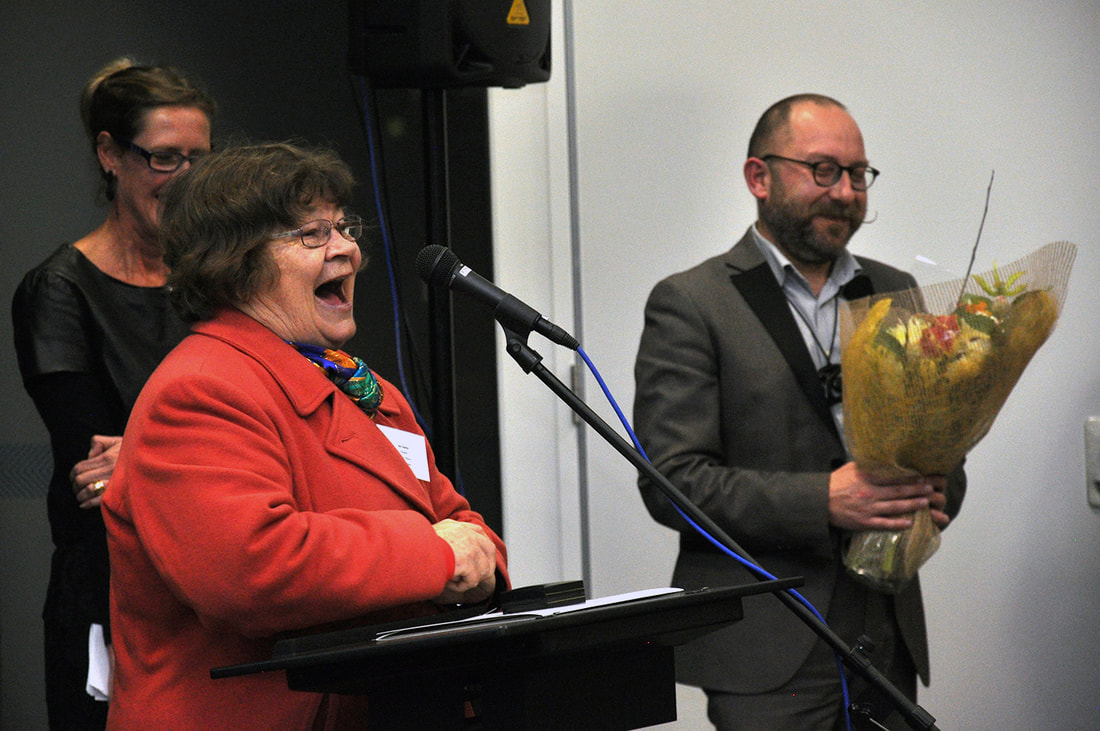

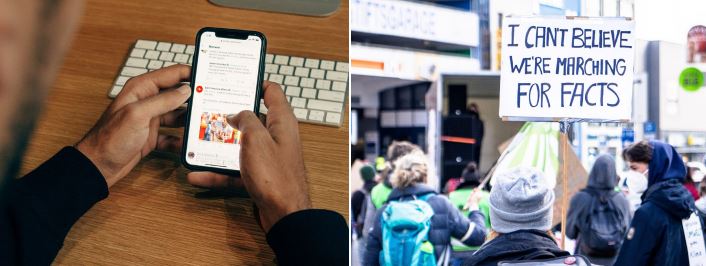






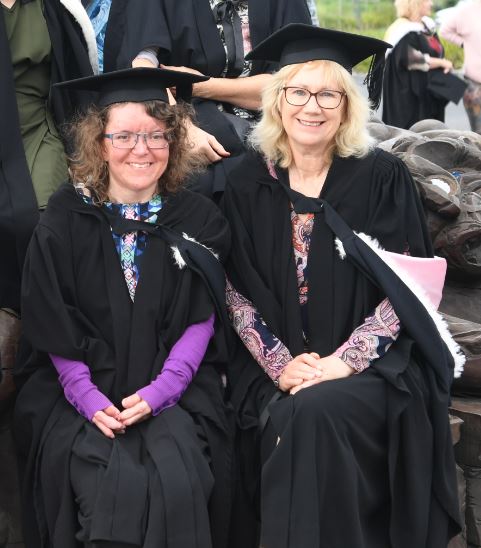

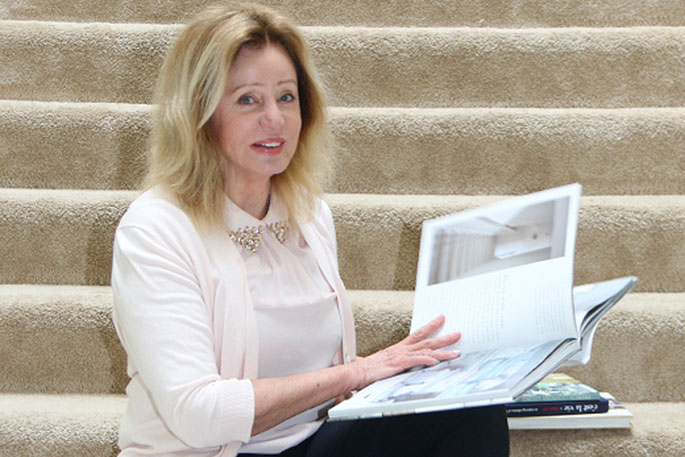
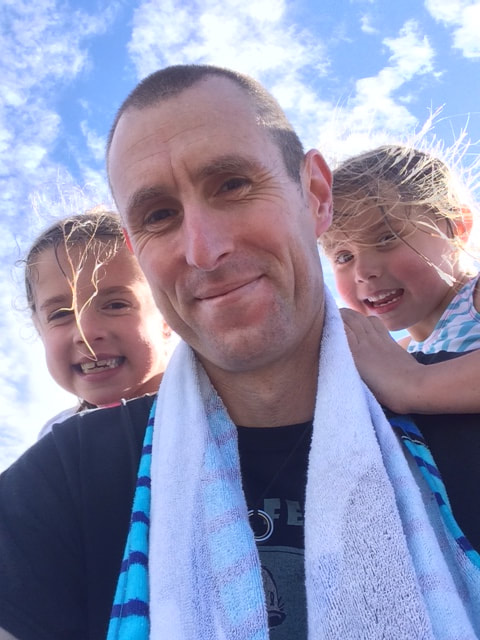


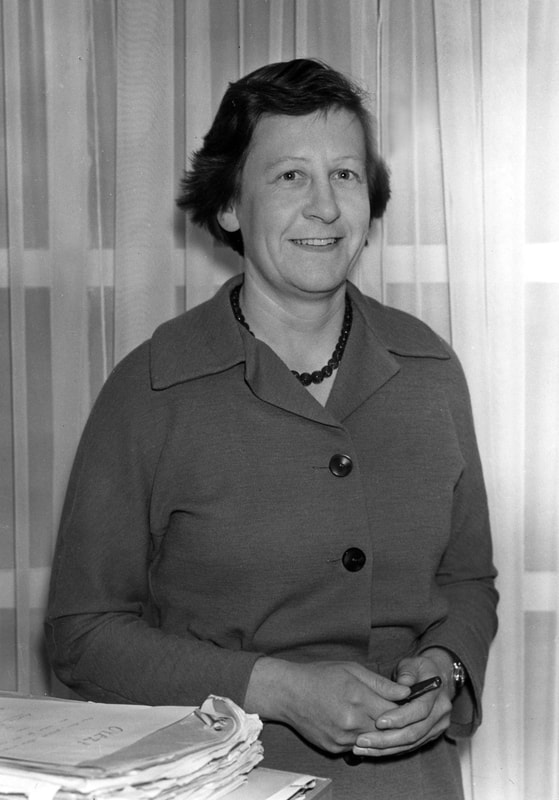
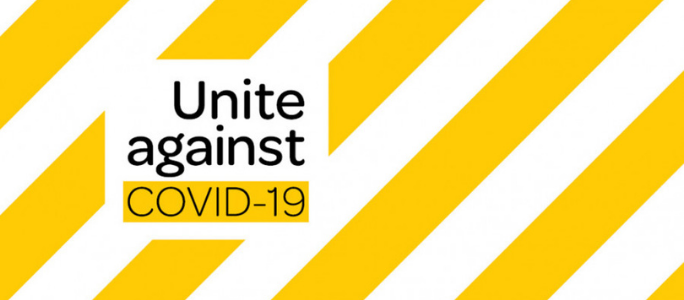


 RSS Feed
RSS Feed